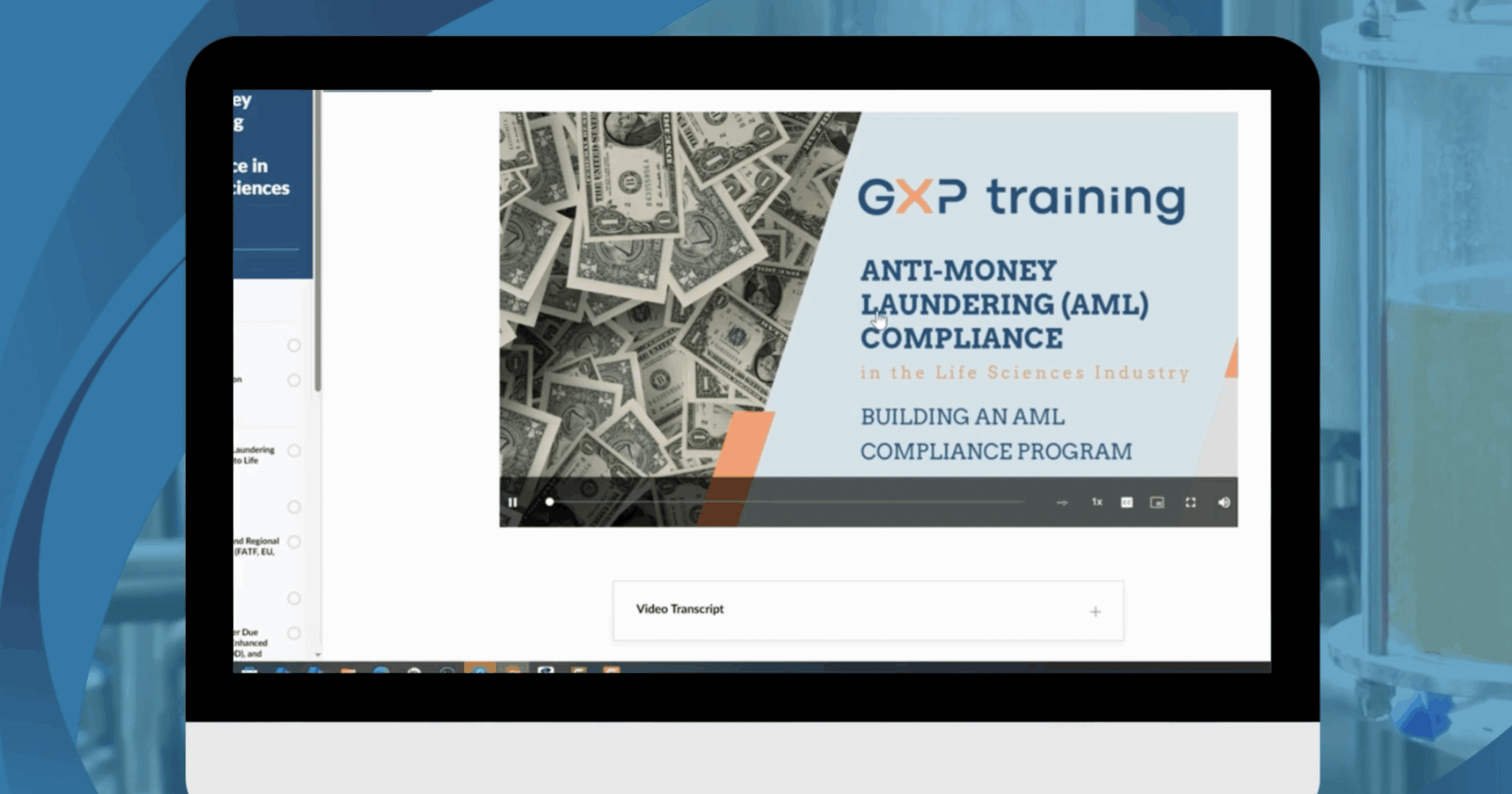Home / Online GXP courses / GCP : Clinical Trials / Randomization & Blinding in Clinical Research Trials


Successful completion provides learners with a dated, traceable and downloadable certificate for the course :
Each certificate is CPD/CEU accredited and 21 CFR PART 11 compliant. Certificates validity can be checked online through our certificate online checker. They can also be shared on Linkedin.
Clinical trials are literal information factories and the data obtained from them must be accurate, reproducible, and generalizable to the population being studied. Hence, researchers know to exclude bias as much as possible. Randomization and Blinding are two tools that help to make a study more credible. Randomization puts subjects into test groups randomly and Blinding prevents a set of participants in the study from identifying which subjects are on which treatments.
This course introduces participants to these concepts and walks them through the types and how to use them. You will also learn about unblinding, which is the opposite of blinding and is used to provide insight into the clinical efficacy of an investigational drug.
In this course, we provide a synthesis of the topic through an interactive online experience. This material was built by a team of Regulatory Affairs Experts with a Qualification from Northeastern University, Boston, piloted by a Senior Member able to articulate theory with practice.
Introduction
Lesson 1: Randomization – Definition and Importance
Lesson 2: Randomization Techniques: Simple Randomization & Unequal Allocation
Lesson 3: Randomization Techniques: Block & Stratification
Lesson 4: Adaptive Randomization Technique
Lesson 5: Blinding
Lesson 6: Unblinding
Glossary
Conclusion
Quiz


$95.00
$95.00
